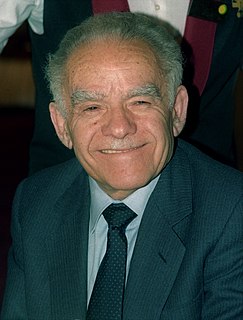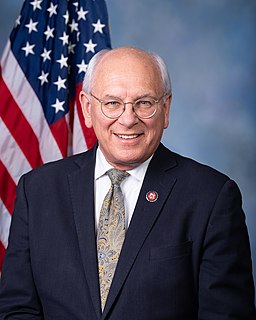A Quote by Bill O'Reilly
Once the war against Saddam begins, we expect every American to support our military, and if they can't do that, to shut up.
Related Quotes
I am extremely proud of our remarkable men and women who serve in our military, but the reality is that this is a shrinking percentage of the American population. Unfortunately, this has resulted in a growing disconnect between our military and civilian population. At one time, we had participation from nearly every American. Victory gardens, metal collections, saving stamps and bonds-everyone did their part to support our military. We simply don't do that anymore.
Yes and no. Because America has only about 1 percent of the population serving in the military, it is hard for many civilians to understand the sacrifices military families make. However, my experience is that after the Vietnam War, the public learned that they should support the military whether or not they support the war. You've seen that outpouring of support for the veterans of both Iraq and Afghanistan.
[D]rawing up 'secret war plans' for a possible attack on Iraq wasn't irrational. The low-level war against Saddam was 12 years old, with no end in sight. American and British pilots were getting shot at, sanctions weren't working, and Bush was getting warnings that Saddam had all those terrible weapons and would use them against America. Bush would have been a fool not to draw up plans. Gee, wait till the critics find out that FDR, without ever informing the media, was plotting to fight Japan and Germany before Pearl Harbor.
There's no telling what might have happened to our defense budget if Saddam Hussein hadn't invaded Kuwait that August and set everyone gearing up for World War II. Can we count on Saddam Hussein to come along every year and resolve our defense-policy debates? Given the history of the Middle East, it's possible.
Hoping to garner the support of the American people, proponents of regime-change wars routinely cite humanitarian concerns to justify military intervention in foreign countries. But here is the reality: As a direct result of our intervention in Iraq and the overthrow of Saddam Hussein, human suffering increased dramatically.
We are organising our enemies into a formidable force, we are The US public has turned against the war, the Republicans and Democrats have turned against the war. And so when the American public turns against the war and the Congress turns against the war, it suggests that Americans feel we cannot win that war in those conditions. So the Iraqi Commission says, "Well, we can't win this war militarily, we need to reassess potential allies." There's Syria, there's Iran.
American imperialism has suffered a stunning defeat in Indochina. But the same forces are engaged In another war against a much less resilient enemy, the American people. Here, the prospects for success are much greater. The battleground is ideological, not military. At stake are the lessons to be drawn from the American war in Indochina; the outcome will determine the course and character of new imperial ventures.
Fom the out set, the War on Terror was sharply different from other U.S. military actions in the strong support it received from American women. Normally, men back military action by 10 to 20 points more than women do. But, after 9/11, women felt more endangered by terror and backed action against the Taliban and Osama bin Laden as strongly as men did.































